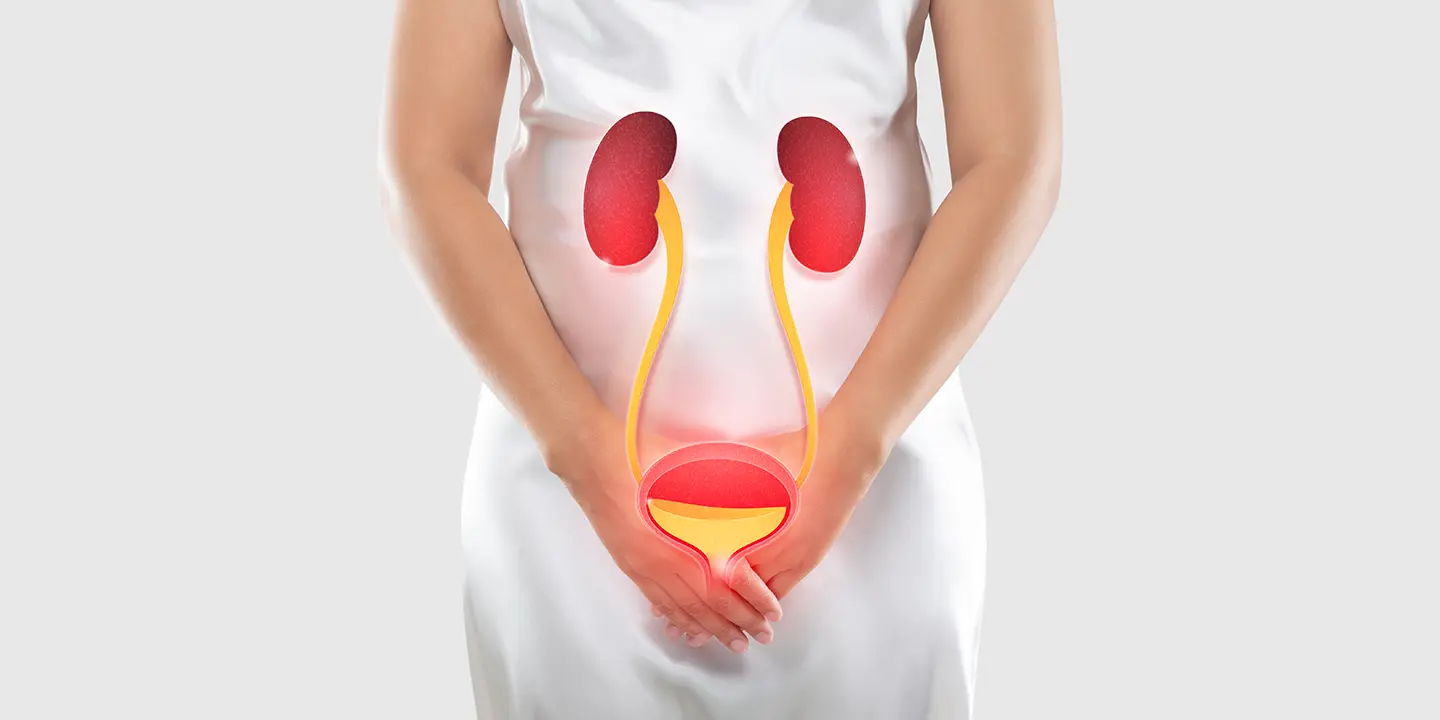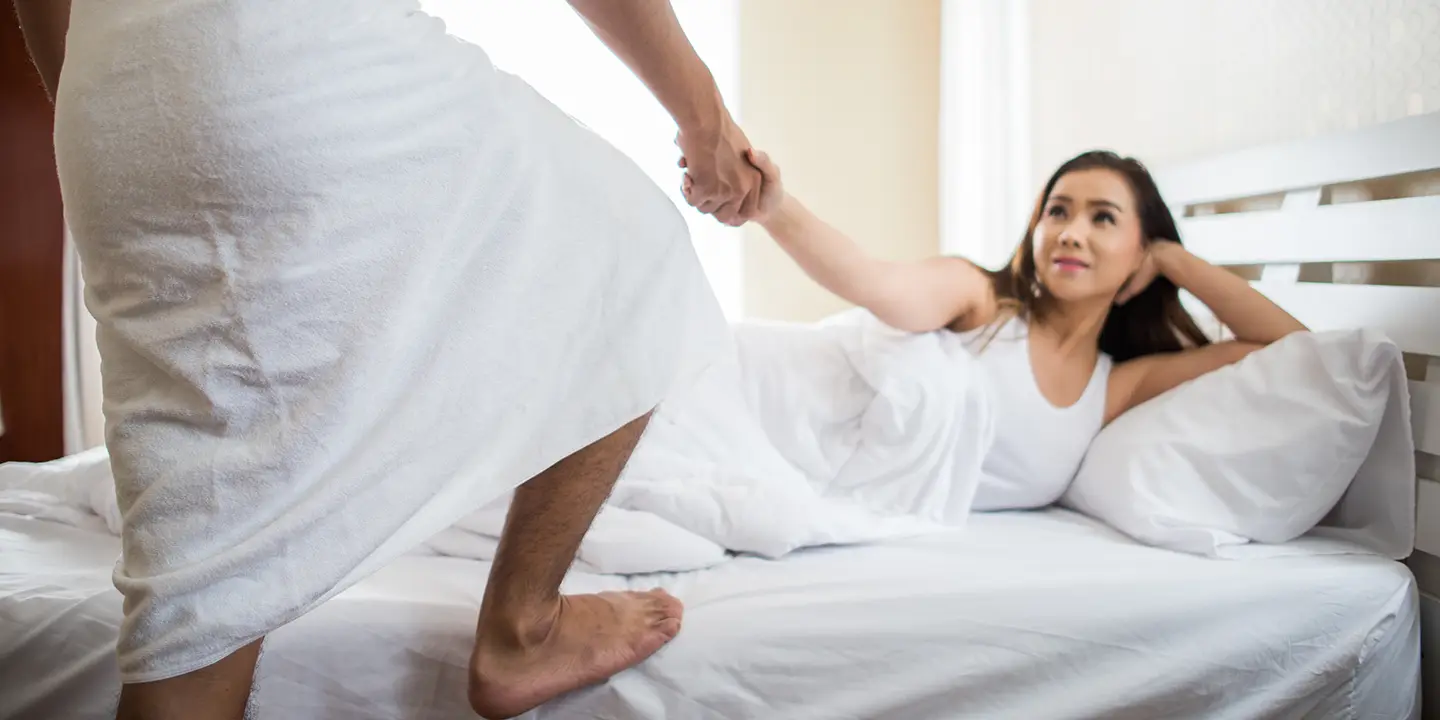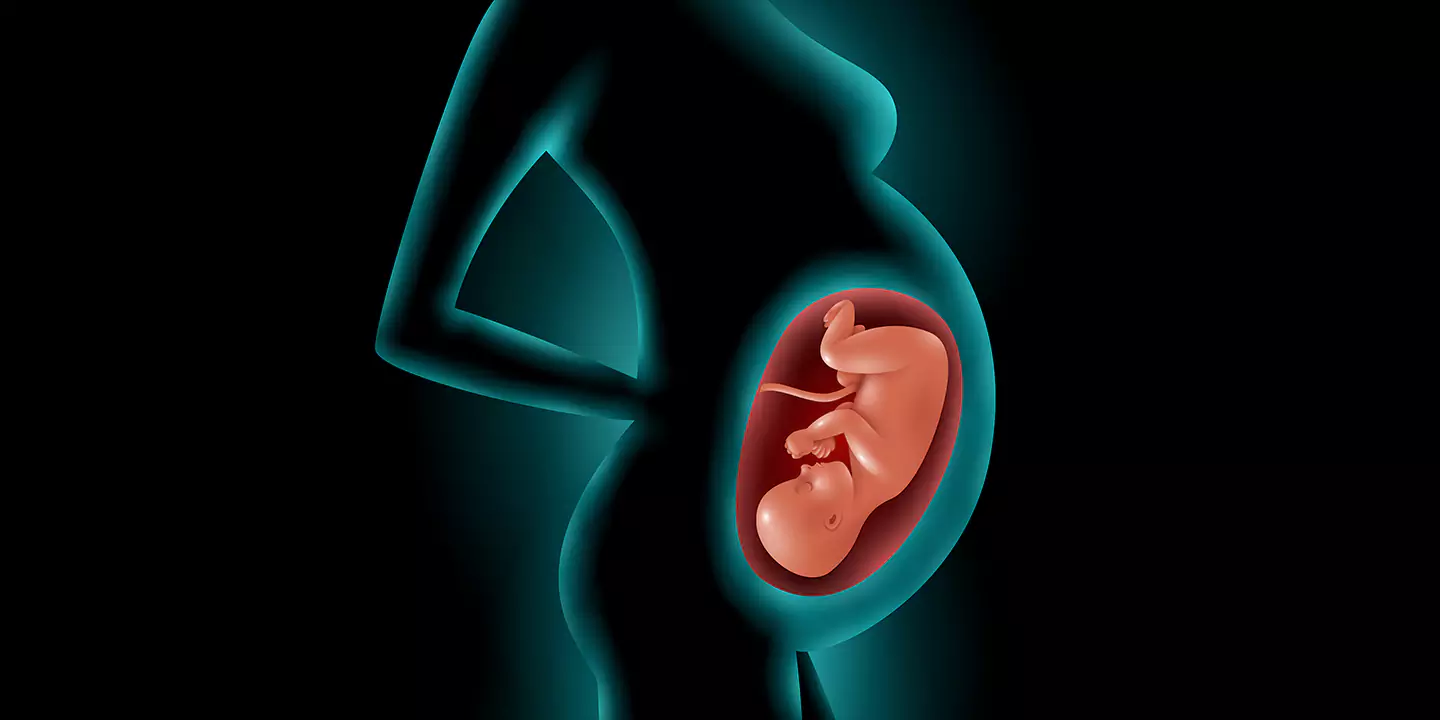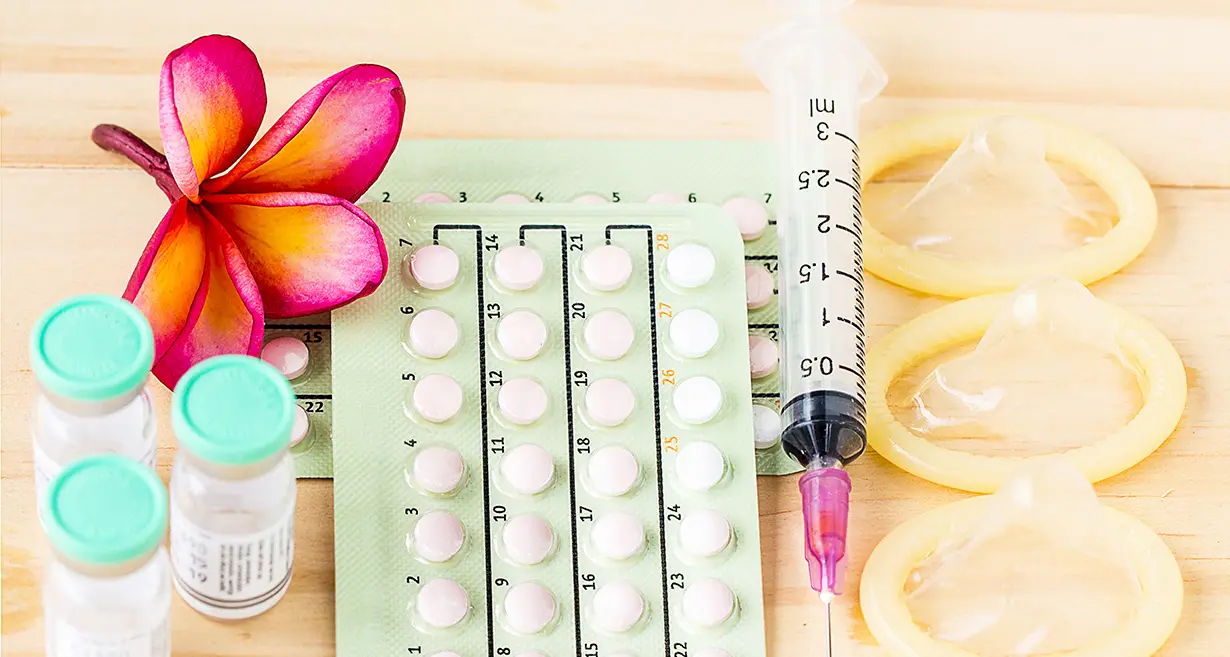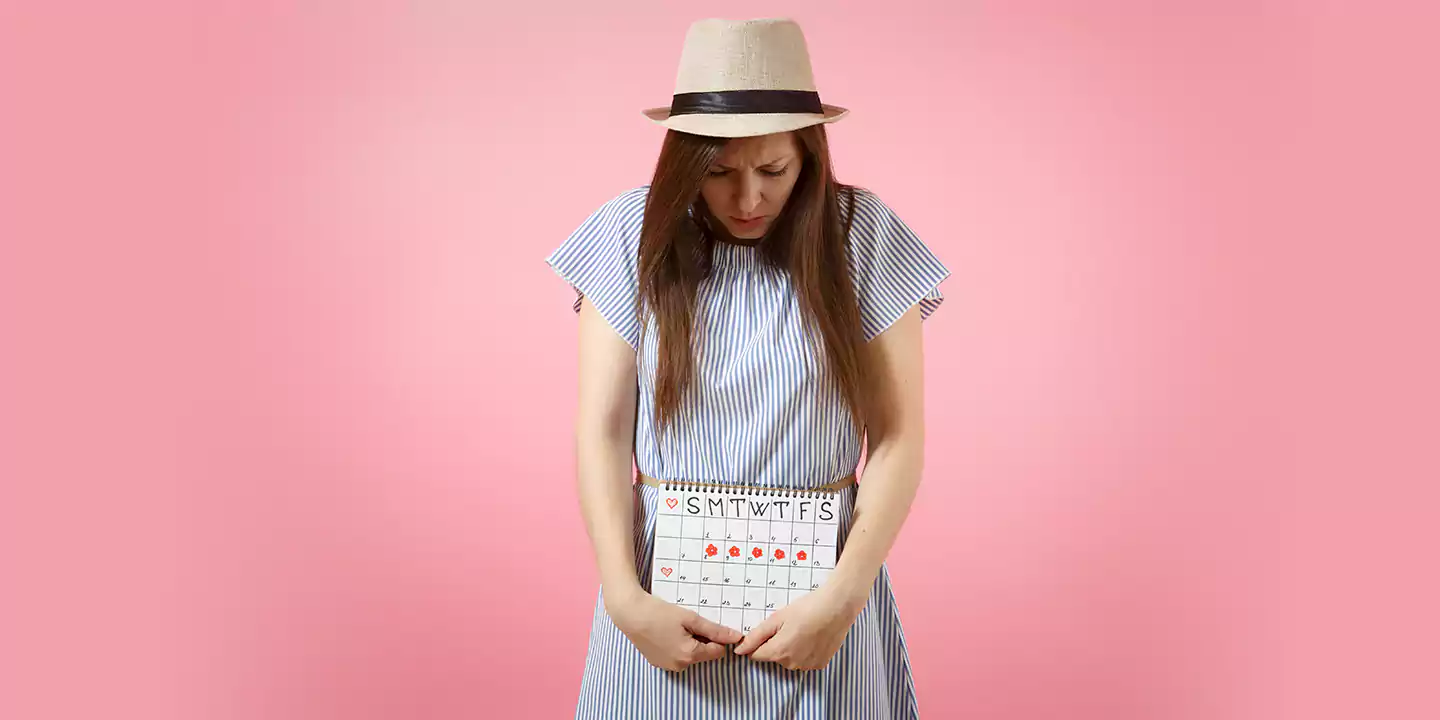
There are many terms used for uterine fibroids as per their location; one is pedunculated fibroids. It is a non-cancerous growth that attaches to the wall of the uterus and is found inside or outside the uterus. It is named so because of its growth shape, as it is stalk-like, which makes it different from all others. You can consult a fibroid specialist to know more about the treatment options if you have been diagnosed with pedunculated subserosal fibroid. However, this type of fibroid is not dangerous compared to other types. However, if they place pressure on nearby organs and cause discomfort, and disrupt your life routine. In many cases, if left untreated, it can also impact fertility and pregnancy. There are several surgical as well as nonsurgical treatment options to treat it. QUEEN’S GYNECOLOGY has a fibroid specialist to help with the right treatment option.
In this Article
Pedunculated fibroids- an overview
A pedunculated fibroids is benign like other types of fibroids, and can grow inside and outside the uterus. This type of fibroid is attached to the wall of the uterus by a thick growth called a peduncle. There are pedunculated fibroids that grow, also known as pedunculated mass, that grow from the outside of the uterus into the pelvis, termed pedunculated subserosal fibroids, and those that extend towards the uterine cavity are termed pedunculated submucosal fibroids.
Related Blog: Uterine Fibroids- You Should Be Aware Of It In Details
Symptoms of pedunculated fibroids
Similar to other fibroids types, pedunculated fibroids may not cause any signs or symptoms. People with the condition experience some symptoms, including :
- Heavy and prolonged periods
- Spotting between periods
- Pelvic pain
- Abdominal and lower back pain
The symptoms of pedunculated fibroids depend on the size and placement, and consultation with the doctor is necessary to get them treated. If left untreated or undiagnosed, it can interfere with fertility, pregnancy, and vaginal childbirth as it blocks fallopian tubes that prevent a fertilized egg from anchoring to the uterus and developing a fetus. Pedunculated subserosal fibroids are more painful and cause pressure in your abdomen, while the other types are more commonly responsible for fertility issues and heavy menstrual bleeding. Also, this type of fibroid can become torque, and torsion occurs when the fibroid twists on its stem, leading to a cutting blood supply. This condition can cause sudden, severe abdominal pain; however, it may be for a short time but seek medical attention immediately. If you are planning a pregnancy, then you need to consult a gynecologist to get yourself checked. QUEEN’S GYNECOLOGY is among the best fibroids clinics in Delhi. You can consult the fibroid specialist because it is necessary to find out where your fibroids are located, how many there are, and at what speed they are growing.
Related Blog: Subserosal Fibroid: Symptoms, Causes, and Treatment
Causes of a pedunculated fibroids
The cause of pedunculated fibroids is unknown, but hormones and heredity are believed to be the main factors. Women with a family history of fibroids are more prone to develop them, and pregnant women are also at significant risk. Also, it is believed that sex hormones estrogen and progesterone play a significant role because women do not develop fibroids after menopause. There are some risk factors that you should know that make you more prone to develop fibroids; these are :
- Being overweight
- Family history
- Never being pregnant
It is said that fibroids are less common in those with several pregnancies or who are on birth control pills. This makes it clear that hormonal factors play a vital role in developing fibroids.
Treatment of fibroids
Treatment of pedunculated fibroid or any other type of fibroid varies, so it is best to talk to an expert gynecologist about what treatment options are best for you. Some treatments are recommended to control the symptoms, like heavy periods. Many other treatment options are recommended to address the fibroids, reduce their size, or remove them through surgery. However, if the pedunculated fibroid is not causing you pain or any complications, then there is no need to address them, but till the time they are present in your body, there is the possible; city of torsion though it is a rare condition. Standard treatments at the best clinic are necessary if these fibroids interfere with your life. QUEEN’S GYNECOLOGY is among Delhi’s best clinics, offering surgical and nonsurgical treatments for all types of fibroids. However, the treatment for fibroids depends upon many factors like symptoms, location, and size of fibroids:
- Uterine artery embolization, also known as UAE, helps to shrink both the fibroid and the stem and pedunculated mass.
- Radiofrequency ablation (RA)
- Laparoscopic or robotic myomectomy
- Hysteroscopic myomectomy
- Endometrial ablation helps to treat synths like heavy bleeding but does not address fibroids.
- Surgery, specifically abdominal myomectomy or hysterectomy
For torqued pedunculated fibroids, the only treatment recommended by an expert will be surgical removal via laparoscopic or hysteroscopic myomectomy.
How QUEEN’S GYNECOLOGY I’ll help you to diagnose and treat Fibroids?
QUEEN’S GYNECOLOGY, one of the best clinics in Delhi, treats any fibroid through nonsurgical treatment. However, they have both surgical and non-surgical options to treat the condition. They treat the condition through UFE. It is a procedure, however, not recommended for those who are willing to get pregnant. It is one of the reputed clinics in Delhi, which is the first choice of patients seeking affordable fibroid treatment and also needing an accessible and efficient treatment option. The treatment depends upon the intensity of symptoms, patient preferences, and many other factors. The conrods experts here treat almost all types of conditions by both Laparoscopic Hysterectomy and Laparoscopic Myomectomy procedures.
Conclusion
About 20 to 30 percent of women have fibroids during their reproductive years, and about one thyroid is big enough that a doctor can determine them during a physical exam. In about 90 percent of fibroid cases, the tumor is benign and does not pose cancer. If you experience fibroid symptoms, you must consult an expert gynecologist for a physical examination. Your doctor will recommend the right treatment if you are dingoes with pedunculated subserosal fibroids or any other type. QUEEN’S GYNECOLOGY is one of the best clinics in Delhi, providing treatment for all types of fibroids.
FAQ’s
The development of fibroids can damage organs if it develops large enough in size as they can push the uterus and lead to back pressure that can cause the kidneys to expand as well.
In many cases, fibroids shrink and disappear naturally and do not require intervention. If a person experiences severe symptoms, it is best to consult a specialist to get yourself treated.
Exercise and diet alone cannot treat or shrink fibroids, but they can help you to eliminate future growth.
It is proven that yoga poses can shrink fibroids. Thus, it is best to consult a specialist to get yourself checked.






































































